IDPfun Webinars
The IDPfun consortium presents IDPfun webinars, a series of talks on Intrinsically Disordered Proteins. All our webinars include a 20-minute talk by one of our Principal Investigators and a 15-minute talk by one of our secondees. Both talks are followed by a Q&A session and the audience is warmly encouraged to engage in the conversation.
Goals
- Provide space for discussion about IDPs
- Give more visibility to the Results of our action
- Promote our consortium in the academic community
- Provide visibility to the work carried out by our secondees
October 2020-May 2021
IDPfun webinars – First round of webinars
2020-10-30 – 5 PM CET
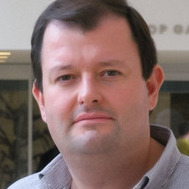
Critical Assessment of Protein Intrinsic Disorder Prediction
Full Professor of Bioinformatics and Head of the BioComputing UP lab at the Department of Biomedical Sciences of the University of Padua (Italy). Tosatto is also Coordinator of IDPfun. (Recording available soon)
PED: serving ensemble data to the scientific community
Andras Hatos [ORCID]
Postdoctoral fellow at the BiocomputingUP laboratory, University of Padova. He was seconded for 3 months at the Fundación Instituto Leloir in early 2020. (Recording available soon)
2020-11-20 – 5 PM CET
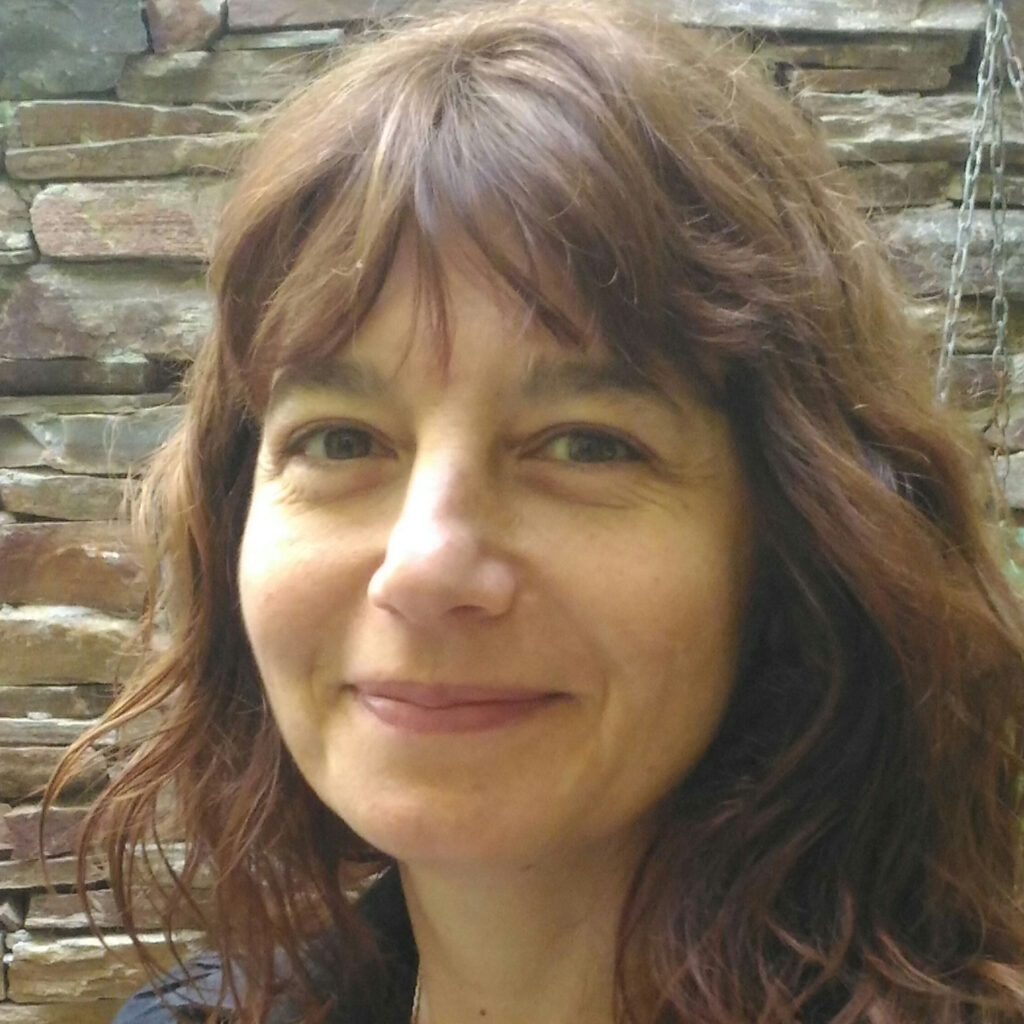
DisProt expanded: Homology transfer from DisProt proteins to their orthologous
Group Leader of the Structural Bioinformatics Unit, at Fundación Instituto Leloir. Researcher of the National Research Council (CONICET), Dr. Marino-Buslje develops covariation analysis servers and tools and investigates protein evolution.
The backend of PED
Elizabeth Martinez-Perez [ORCID]
PhD candidate at the National University of Quilmes and member of the Structural Bioinformatics Unit, at Fundación Instituto Leloir. She gave a major contribution in IDPfun, with a 12 month secondment at the European Molecular Biology Laboratory, at Toby Gibson-s lab.
2020-12-18 – 5 PM CET
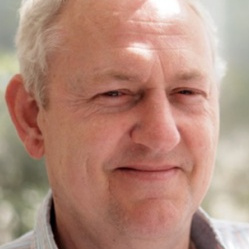
Short linear motif candidates in the cell entry system used by SARS-CoV-2 and their potential therapeutic implications
Leader of the Gibson team at EMBL, his research focuses on protein sequences, interactions and networks, undertake computational analyses of macromolecules, and host ELM, the Eukaryotic Linear Motif Resource.
Coevolution of disordered proteins in complexes
Javier Iserte [ORCID]
Researcher Assistant at Fundacion Instituto Leloir, he obtained his PhD at Universidad Nacional de Quilmes. Iserte was seconded to University College Dublin in early 2018, the European Molecular Biology Laboratory in late 2018 and Virje University of Brussels in mid 2019.
2021-01-22 – 5 PM CET
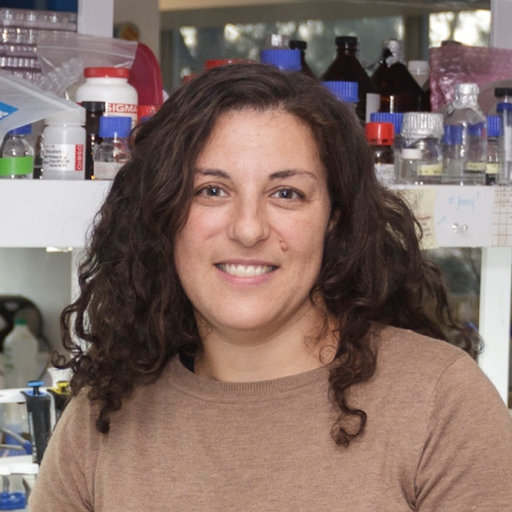
DisProt in 2020: CAFA functional annotation and thematic releases as tools to improve and expand disorder annotations
Lucia Chemes is Assistant Professor at the National University of San Martín, Buenos Aires (Argentina) and CONICET researcher of the Instituto de Investigaciones Biotecnologicas. She leads the laboratory of Protein Structure, Plasticity and Function.
DisProt in 2020: a new annotation round, reviewing and in-between-publication releases
Federica Quaglia [ORCID]
Federica Quaglia is postdoc fellow at the BioComputing lab, University of Padova. Lead of the biocuration team at DisProt and PED databases. Biocurator at IntAct Molecular Interaction Database. Her research interests focus on functions and structural ensembles of IDPs.
2021-02-19 – 5 PM CET
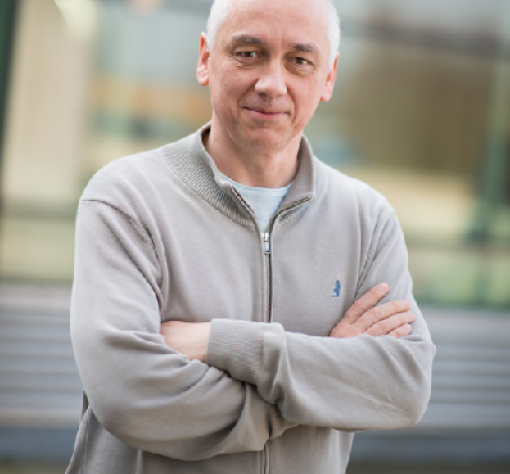
Structural disorder, motifs and domains in LLPS
Director of VIB’s Structural Biology Research Center (SBRC) in Brussels, Tompa is also professor of biochemistry at the Free University of Brussels (VUB) and at the Institute of Enzymology, Research Centre for Natural Sciences, Hungarian Academy of Sciences, Budapest, Hungary.
Exploring conformational spaces of proteins by Normal Modes Analysis
Tadeo Saldaño [ORCID]
Postdoc at the Department of Science and Technology at the National University of Quilmes, Argentina. His main research areas are conformational diversity, promiscuity and normal mode analysis.
2021-03-19 – 5 PM CET
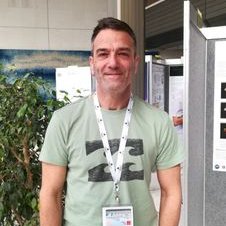
Protein structure-function relationships derived from evolutionary analysis
Gustavo Parisi is Full Professor at the National University of Quilmes and the National University of La Plata, and Principal Researcher at CONICET (the National Research Council of Argentina). Leader of group of Structural Bioinformatics at the National University of Quilmes.
PED 4.0: biocuration and future perspectives
Tamas Lazar [ORCID]
Tamas Lazar is a PostDoc fellow at VIB-VUB Center for Structural Biology, in the Group of Intrinsically Disordered Proteins at Peter Tompa’s lab.
2021-04-23 – 5 PM CEST
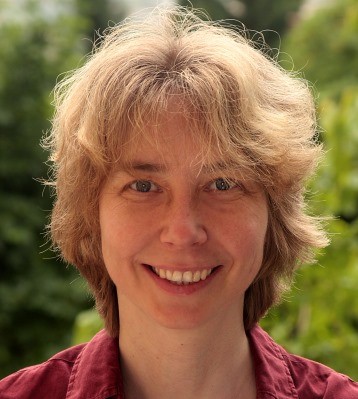
Ancient evolutionary origin of intrinsically disordered regions mutated in cancer
Professor at the Department of Biochemistry of the Eötvös Loránd University in Budapest (Hungary), Dosztanyi’s research focuses on modeling the thermodynamic basis of order and disorder in proteins, recognizing functional sites within disordered proteins and understanding the specific roles of protein disorder in cancer.
Community standards for IDP data annotation
Nicolás Palopoli [ORCID]
Assistant Researcher of the National Research Council of Argentina (CONICET), Palopoli works at the Department Science and Technology at the National University of Quilmes, Quilmes (Argentina). His current research focus are protein-protein interactions mediated by Short Linear Motifs.
2021-05-21 – 5 PM CEST
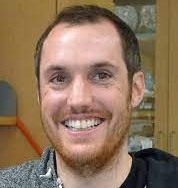
Characterisation of the interactome of the intrinsically disordered regions of the human proteome
Norman Davey’s research is focused on the role of short linear motifs (SLiMs) within intrinsically disordered regions in directing cell regulation. Previously a member of the IDPfun consortium from University College Dublin, in February 2019 he joined the Institute of Cancer Research (ICR).
Structure based discovery of linear motif sites
Gabor Erdos [ORCID]
Postdoc at the Eötvös Loránd University in Budapest, Hungary.